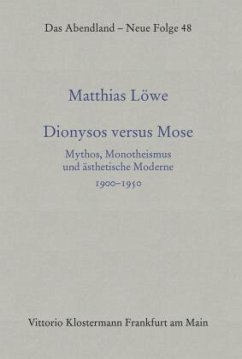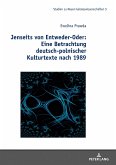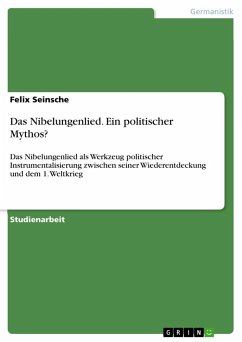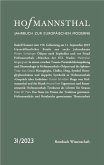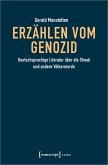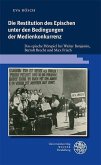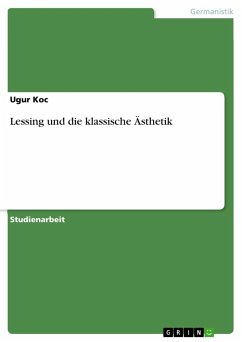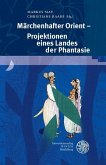Um 1900 zeigt sich in der europäischen Ideengeschichte eine wachsende Faszination für den Gegensatz zwischen Mythos und Monotheismus, zwischen den vielen Göttern und dem einen Gott. Im Spiegel dieses alten Topos werden Grundfragen der Moderne reflektiert: das Verhältnis von Immanenz und Transzendenz, Fremdbestimmung und Freiheit, Toleranz und Dogma. Die Studie von Matthias Löwe rekonstruiert den modernen Diskurs über Mythos und Monotheismus und sein ästhetisches Potential, das vor allem im frühen 20. Jahrhundert freigesetzt wird, bei Hugo von Hofmannsthal, Gerhart Hauptmann, Arnold Schönberg und Thomas Mann. Mit der Ästhetisierung von Mythos und Monotheismus verfolgen diese Intellektuellen keine religionsgeschichtlichen Interessen. Vielmehr wird im Gewand literarisierter Mythen oder biblischer Geschichten um die Deutung der Moderne gerungen.Around 1900, the history of European ideas shows a growing fascination with the contrast between myth and monotheism, between the many gods and the one God. In the mirror of this ancient topos, fundamental questions of modernity are reflected: the relationship between immanence and transcendence, heteronomy and freedom, tolerance and dogma. Matthias Löwe's study reconstructs the modern discourse on myth and monotheism and its aesthetic potential, which is released especially in the early 20th century, in Hugo von Hofmannsthal, Gerhart Hauptmann, Arnold Schönberg, and Thomas Mann. In aestheticizing myth and monotheism, these intellectuals are not pursuing interests in the history of religion. Rather, in the guise of literary myths or biblical stories, they struggle to interpret modernity.
Hinweis: Dieser Artikel kann nur an eine deutsche Lieferadresse ausgeliefert werden.
Hinweis: Dieser Artikel kann nur an eine deutsche Lieferadresse ausgeliefert werden.

